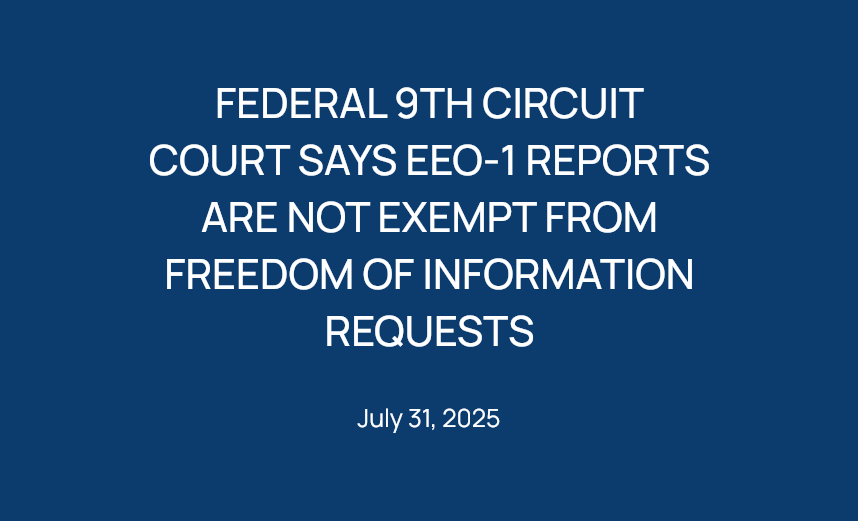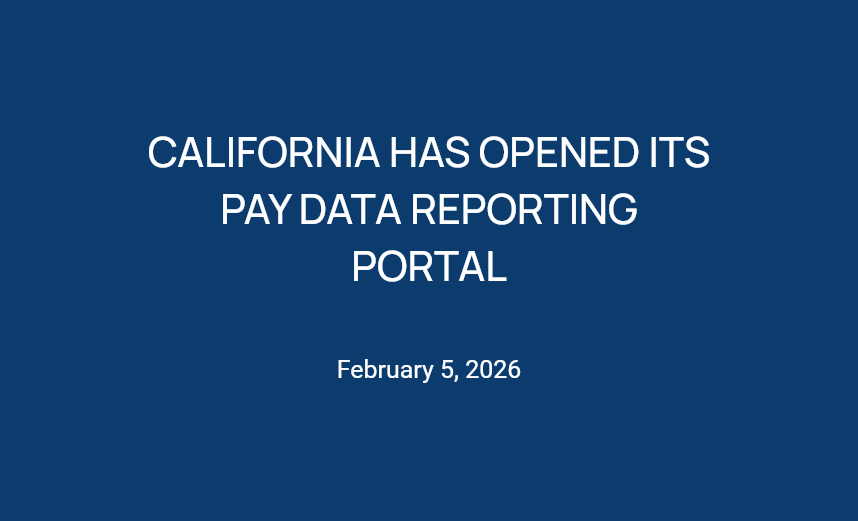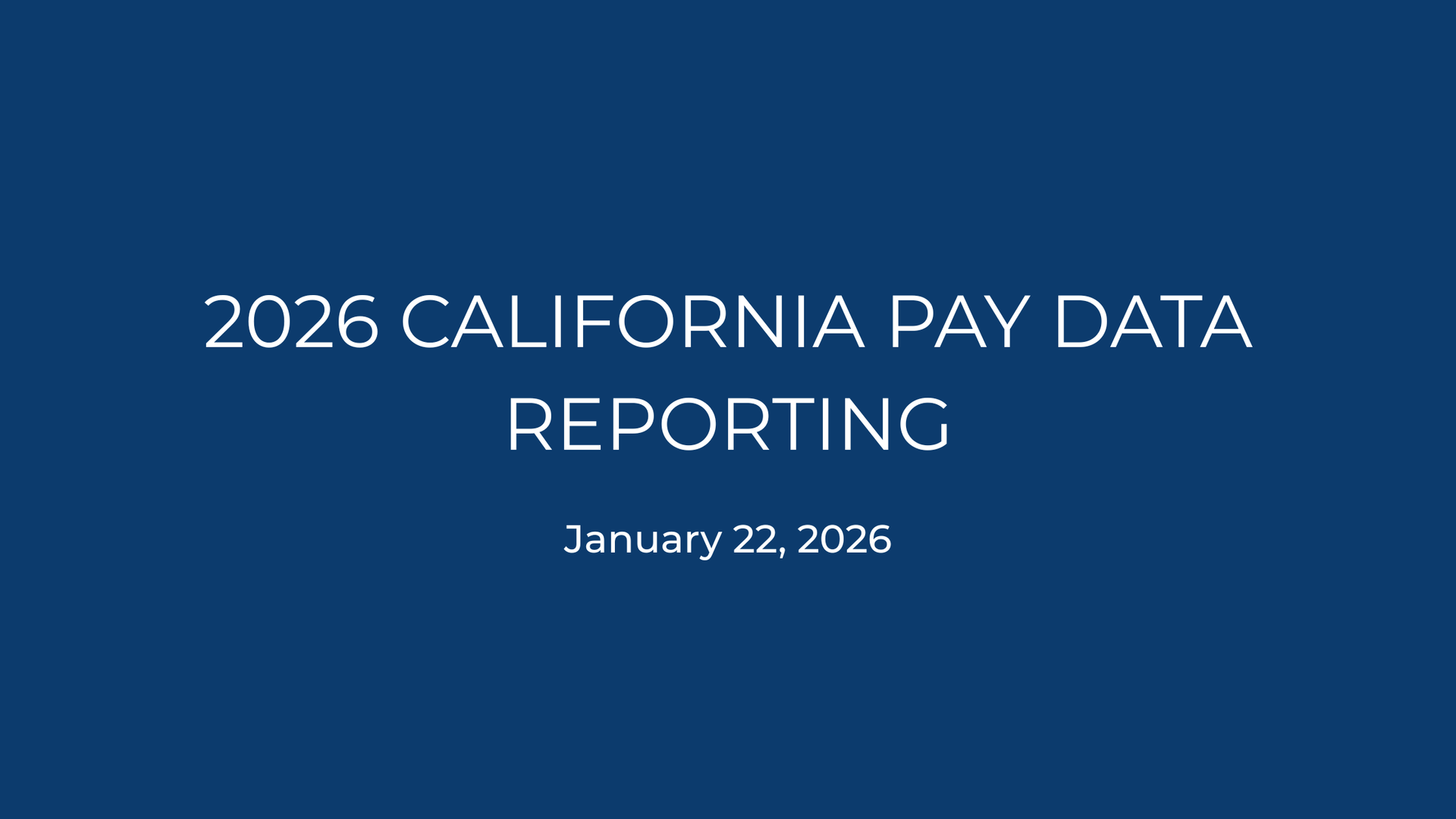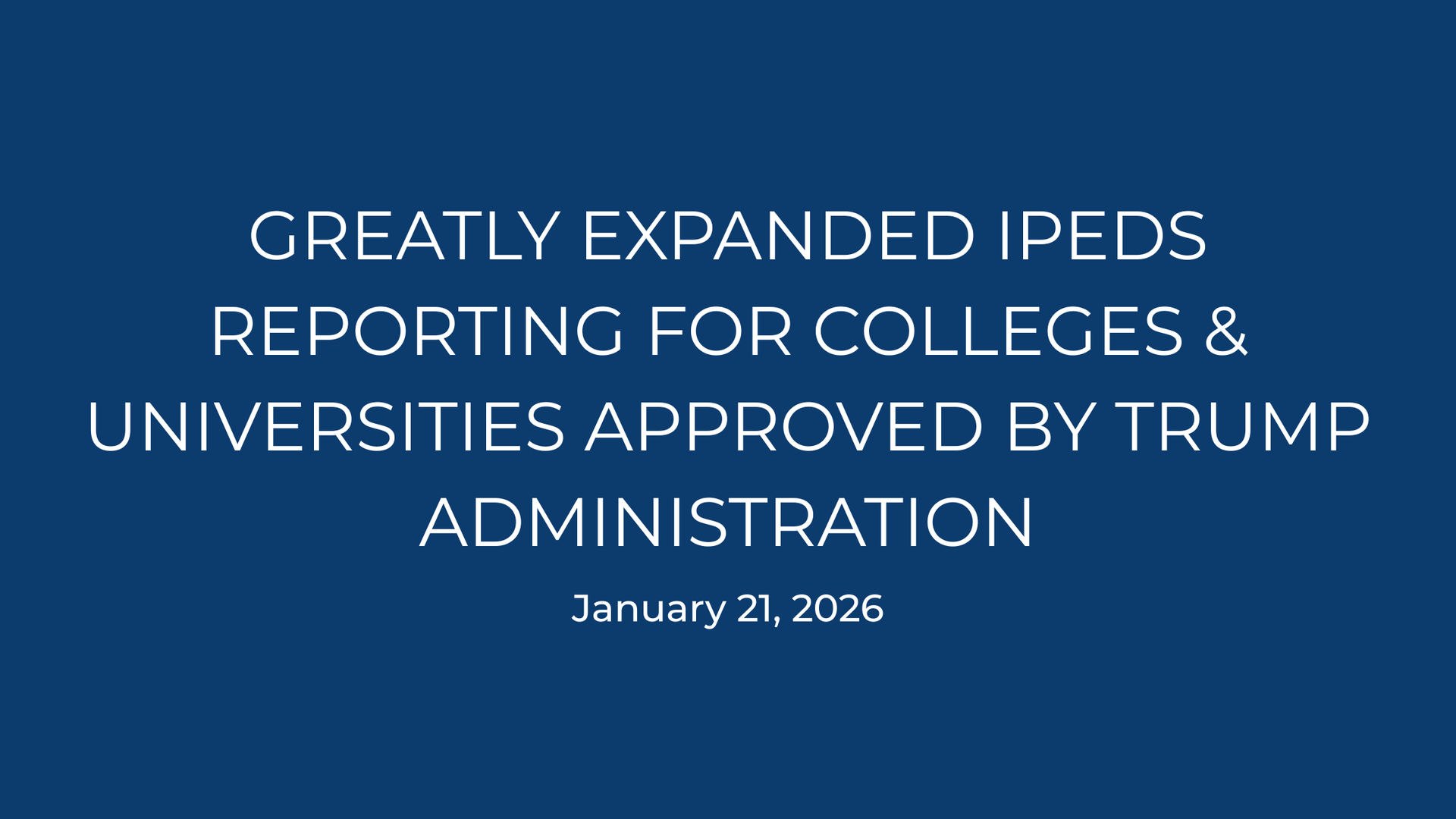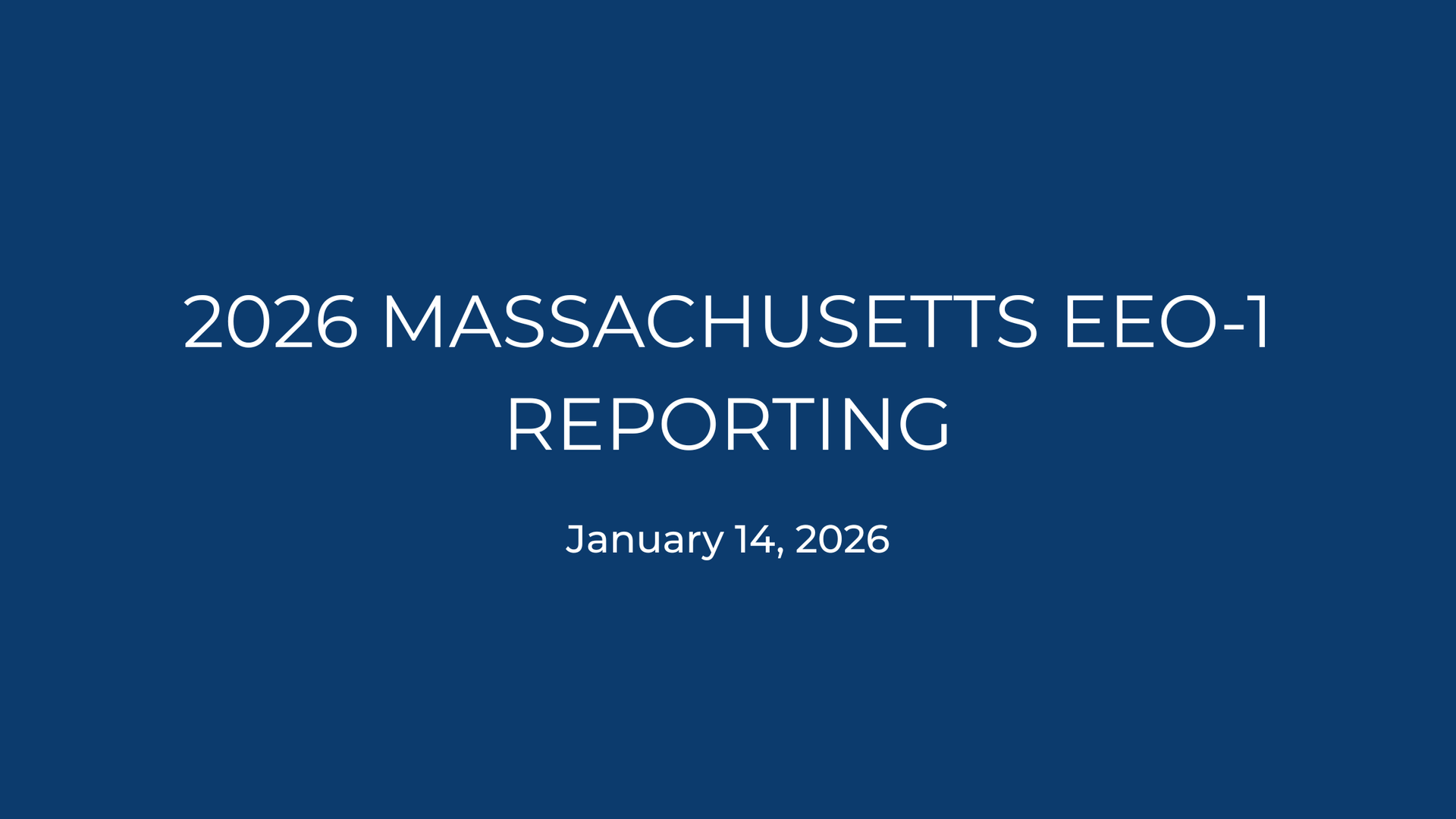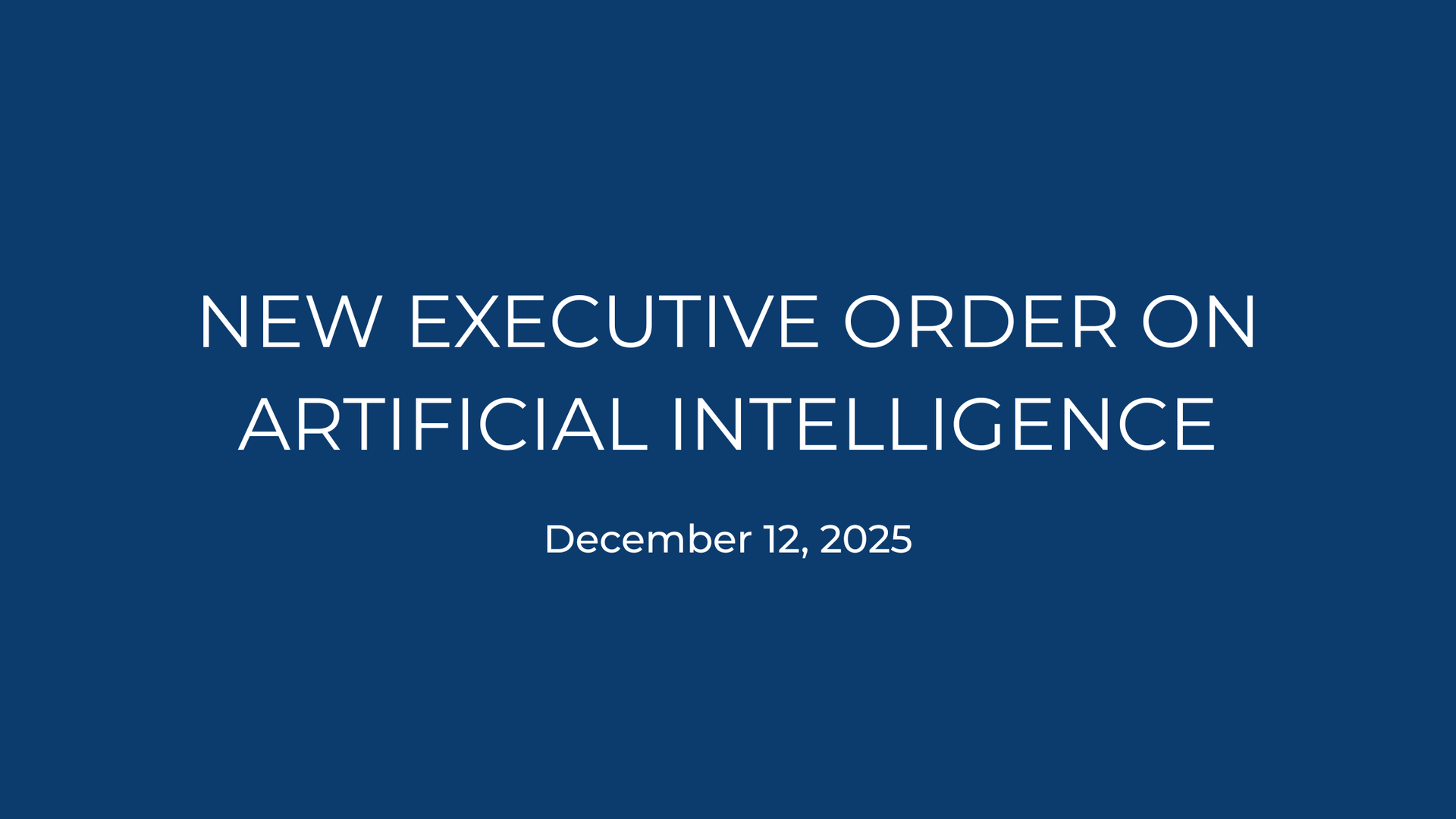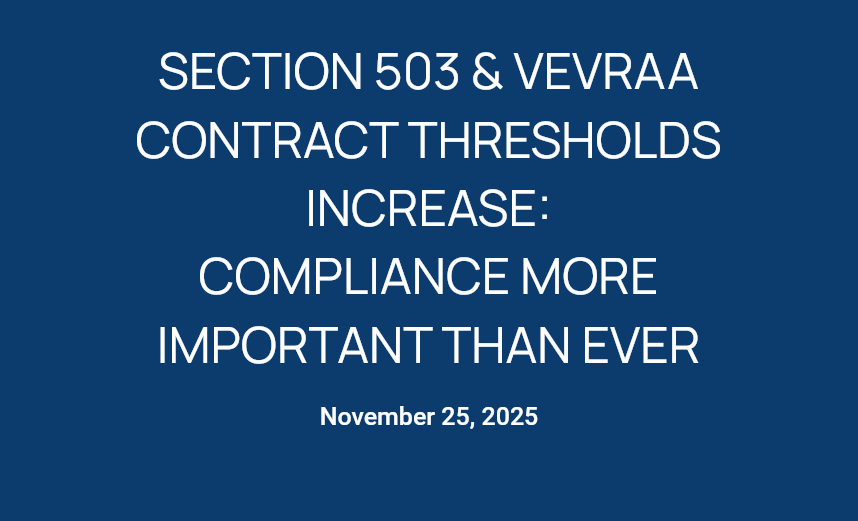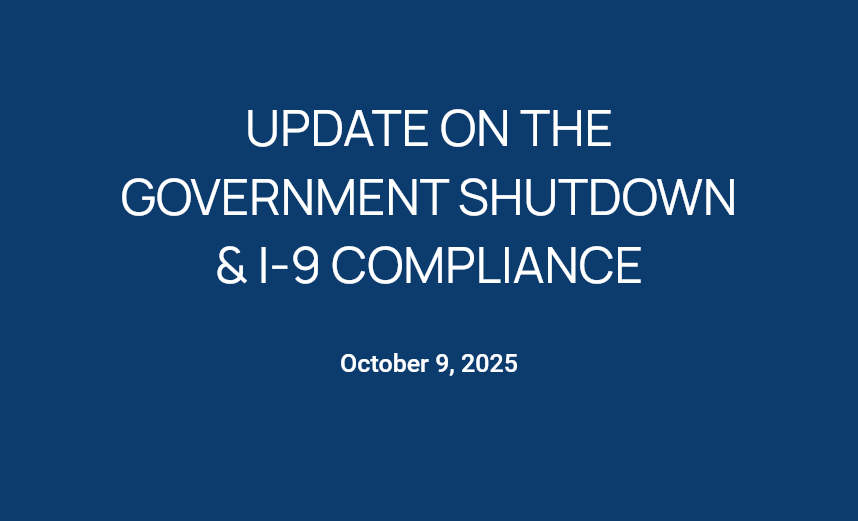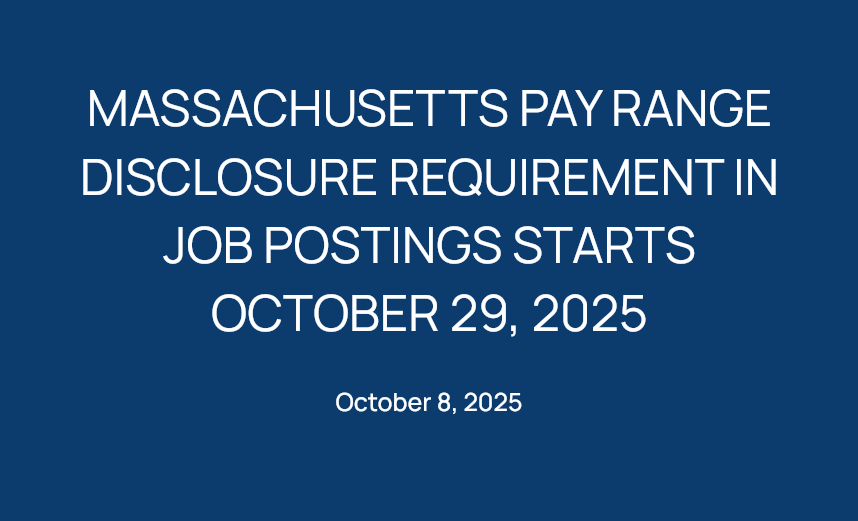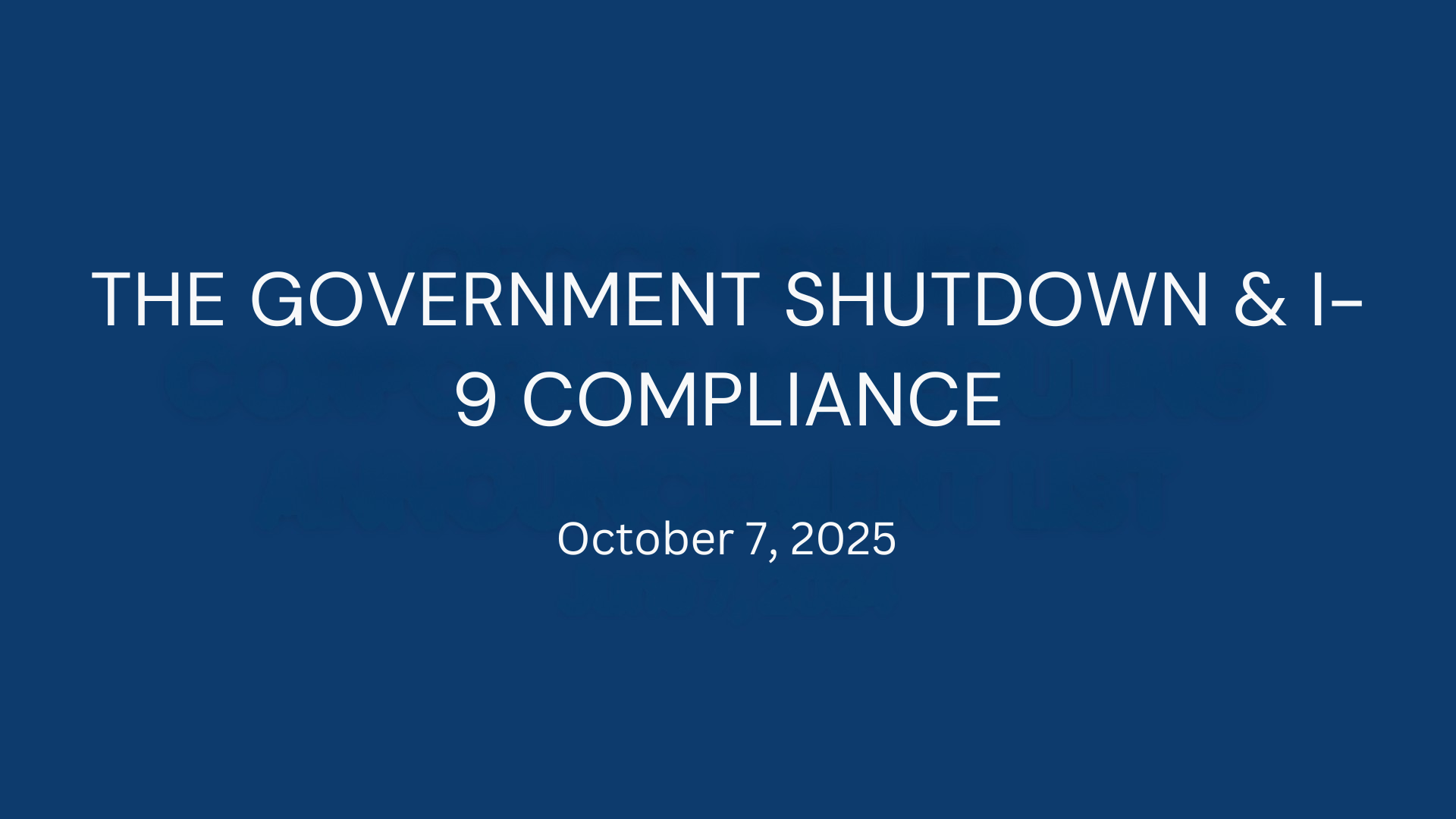U.S. Department of Justice Sends Out First Wave of Letters Launching Civil Rights Fraud Initiative Investigations
For Government Contractors, Significant Potential False Claims Act Exposure
The U.S. Department of Justice (DOJ) has initiated a wave of investigations into government contractors’ current and former Diversity, Equity & Inclusion (DEI) programs. The investigations are focused on potential violations of the False Claims Act (FCA), which can result in significant monetary exposure for those employers targeted for investigation.
Thus far, we have learned about 10 investigations against employers across several industries, including defense, automotive, pharmaceutical, and higher education. The DOJ has sent Civil Investigative Demand (CID) letters to the targeted entities. CIDs allow the DOJ to demand wide ranging documents, employee data and other information, as well as interviews with relevant company personnel, and are often a prelude to litigation under the FCA.
Background
In January 2025, President Trump issued Executive Order 14173 – Ending Illegal Discrimination and Restoring Merit-Based Opportunity– which coined the term “illegal DEI” and, among other actions:
- Makes compliance with all applicable federal anti-discrimination laws a “material” provision of all federal contracts and grants of federal funds; and,
- Requires contractors to certify they do not operate any programs promoting “illegal DEI.”
Pursuant to Executive Order 14173, in May, the DOJ issued a Memo announcing its “Civil Rights Fraud Initiative” to enforce the FCA against entities that receive federal funds while “engaging in racist preferences, mandates, policies, programs, and activities, including through diversity, equity, and inclusion (DEI) programs that assign benefits or burdens based on race, ethnicity, or national origin.”
That Memo was followed in June by another DOJ “Civil Division Enforcement Priorities” Memo stating, that consistent with the Initiative, the DOJ “is committed to advancing the Initiative and will aggressively investigate and, as appropriate, pursue False Claims Act violations against recipients of federal funds that knowingly violate civil rights laws.”
The DOJ has authority to issue CID letters when the Attorney General “has reason to believe that any person may be in possession, custody, or control of any documentary material or information relevant to a false claims law investigations…”
CIDs are a powerful pre-litigation tool used in cases involving potential violations of the FCA.
What's at Stake?
The DOJ is deploying the FCA against federal contractors, and it is a hefty weapon.
- If found liable under the FCA, employers would be required to pay “treble” (generally triple) damages – meaning if a contractor received $5 million from the government, $15 million in liability – in addition to penalties up to $28,000 per invoice sent to the government, as well as contract suspension/future debarment.
- The FCA does not require actual knowledge. It defines “knowingly” to include acting with deliberate ignorance or reckless disregard of the truth or falsity of information an entity presents to the government.
- Whistleblowers (your employees, former employees, rejected applicants) may report alleged “illegal DEI” or alleged discrimination – known as “Qui Tam” claims – and the DOJ “encourages anyone with knowledge of discrimination by federal fund recipients to report that information to the appropriate federal authorities” for investigation and potential litigation. Whistleblowers also may file their own FCA lawsuits in which the government may choose to intervene.
What Should Employers Do?
- Federal fund recipients should be on the alert for CID letters from the DOJ, which are typically sent to an entity’s senior leadership or legal department.
- Employers should thoroughly review and understand all current and recent “DEI”, Affirmative Action, and other EEO practices and programs for any indication of what the Administration may consider either “illegal DEI” or other violation of federal anti-discrimination law.
- If your organization does receive a CID letter, quickly consult with counsel to develop a strategy regarding both communicating with the DOJ and scope of substantive response.
If you have questions or would like assistance, please contact the Silberman Law attorney with whom you work or simply respond to this email.

